Introduction to Adventist University of Central and East Africa:
Introduction
The Adventist University of Central and East Africa (AUCA) is an institution of higher learning located in Kigali, Rwanda. It is part of the Seventh-day Adventist education system, which is the second largest Christian school system in the world. It is the largest Seventh-day Adventist university serving French-speaking Africa.
Overview
Number of students: about 4,000 students in 2015.
Courses: Undergraduate courses include the School of Business Administration, the School of Education, the School of Theology, the School of Information Technology, and the School of Medicine; Master's courses include Master of Education, Master of Business Administration, and Master of Science (International Development Program).
History
The school was established in 1978 and officially opened on October 15, 1984.
The school was closed in 1994 due to political unrest and rebuilt in Kigali in 1996.
In 2003, the school reached an agreement with the Rwandan government to sell the old campus in Mudende.
On May 12, 2005, the construction of the Central Academic Building began at the new Masoro campus in Kigali.
In February 2009, the construction of a 2,000-seat multi-purpose conference hall began at the Masoro campus and was completed in September 2011.
On March 8, 2012, the construction of the Science Center at the Kishushu campus in Kigali broke ground and was completed on February 11, 2015.
School Strength
Teaching Facilities: The Science Center at the Kishushu campus has 24 classrooms, each accommodating 40-60 students, equipped with fully networked, digitally responsive whiteboards.
Academic Resources: The school's research center publishes the Journal of Interdisciplinary Discourse Academics (JIDA).
Nature of the institution
A private institution, it is a higher education institution of the Seventh-day Adventist Church.
Educational philosophy
Based on the beliefs and values of the Seventh-day Adventist Church, the university is committed to cultivating students' knowledge, skills and Christian values, so that students can become citizens who contribute to society.
Key laboratories and disciplines
No outstanding key laboratories have been identified yet. Key disciplines may include medicine, business administration, education, theology, information technology, etc.
Faculty
There are schools of business administration, education, theology, information technology, and medicine.
Ranking
There is no authoritative ranking that is widely recognized internationally.
Expenses
There is currently a lack of public detailed cost information. It is recommended to visit the school's official website or contact the school's admissions department to obtain accurate data.
Campus environment
Campus distribution: There are Kishushu campus and Masoro campus. The Masoro campus covers an area of 22 hectares and the Kishushu campus covers an area of 1.7 hectares.
Campus construction: The Masoro campus has a 2,000-seat multi-functional conference hall and other buildings, and the Kishushu campus has a science center. The overall campus environment is beautiful and the learning facilities are relatively modern.
-

African Leadership University
-
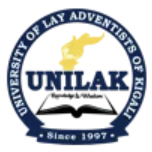
University of Lay Adventists of Kigali
-

Kigali Independent University
-

University of Global Health Equity
-
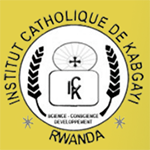
Catholic University of Kabgayi
-
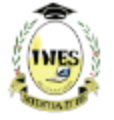
Ruhengeri Institute of Higher Education
-

UMST University
-
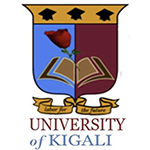
University of Kigali
-
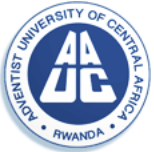
Adventist University of Central and East Africa
-

Kibogora Polytechnic
-

Mesoamerican University
-

Istmo University
-

Mariano Galvez University of Guatemala
-

Regional University of Guatemala
-

Galileo University
-

Francisco Marroquín University
-

Rafael Landívar University
-

University of the Valley of Guatemala
-

University of San Carlos of Guatemala
-

Technological Institute of Tlaxcala Plateau
-

Golfo University
-

Technological University of South Sonora
-

Technological University of Huejotzingo
-

Tizimín Institute of Technology
-

Chilpancingo Institute of Technology
